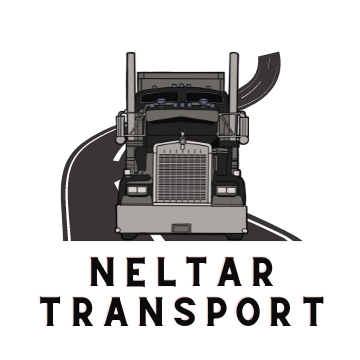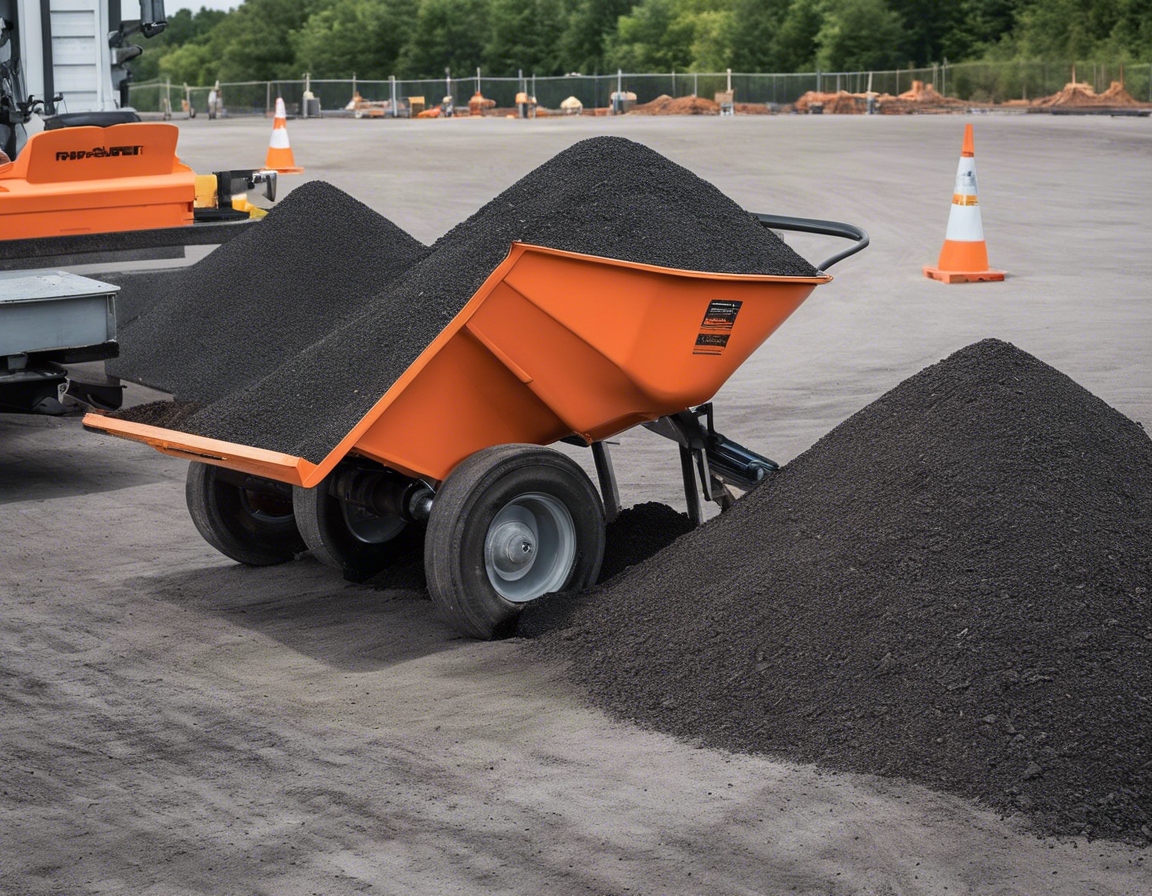The road to efficiency: best practices in transporting construction materials
Efficiency in transporting construction materials is a cornerstone of successful project management. It ensures that the necessary components are available when needed, thus avoiding costly delays and maintaining project momentum. In this blog post, we will explore the best practices that construction companies, contractors, and municipal planning departments should consider to optimize their material transport processes.
Understanding the Importance of Efficient Material Transport
Timely delivery of materials is critical to keeping construction projects on schedule. Delays can cascade through the project timeline, affecting everything from labor scheduling to the final completion date.
Inefficient transportation can lead to increased costs due to expedited shipping fees, wasted labor hours, and even penalties for late completion. Effective transport management helps in controlling these costs.
Efficient transport also has environmental implications. Reducing the number of trips, optimizing routes, and using fuel-efficient vehicles can significantly lower the carbon footprint of a construction project.
Strategic Planning for Material Transportation
Understanding the specific materials and their quantities required for a project allows for more accurate planning and vehicle allocation.
Utilizing software for route planning can minimize travel time and fuel consumption, leading to cost savings and reduced environmental impact.
Coordinating delivery times to avoid peak traffic hours and align with on-site work schedules is essential for maintaining efficiency.
Choosing the Right Transportation Partner
Selecting a transportation partner like NELTAR TRANSPORT OÜ involves evaluating reliability, punctuality, and adherence to safety standards.
Advanced tracking systems, fleet management software, and communication tools are vital for modern transportation services to ensure transparency and efficiency.
Ensuring Safety and Compliance
Transportation of construction materials must comply with local, national, and international regulations to avoid fines and ensure public safety.
Establishing and following strict safety protocols minimizes the risk of accidents and ensures the well-being of all stakeholders.
Maintaining Flexibility and Adaptability
Being prepared to adjust plans in response to unexpected events is crucial for minimizing disruptions.
Effective communication between all parties involved in the transportation process is key to quickly resolving issues and maintaining project flow.






Comments (0)